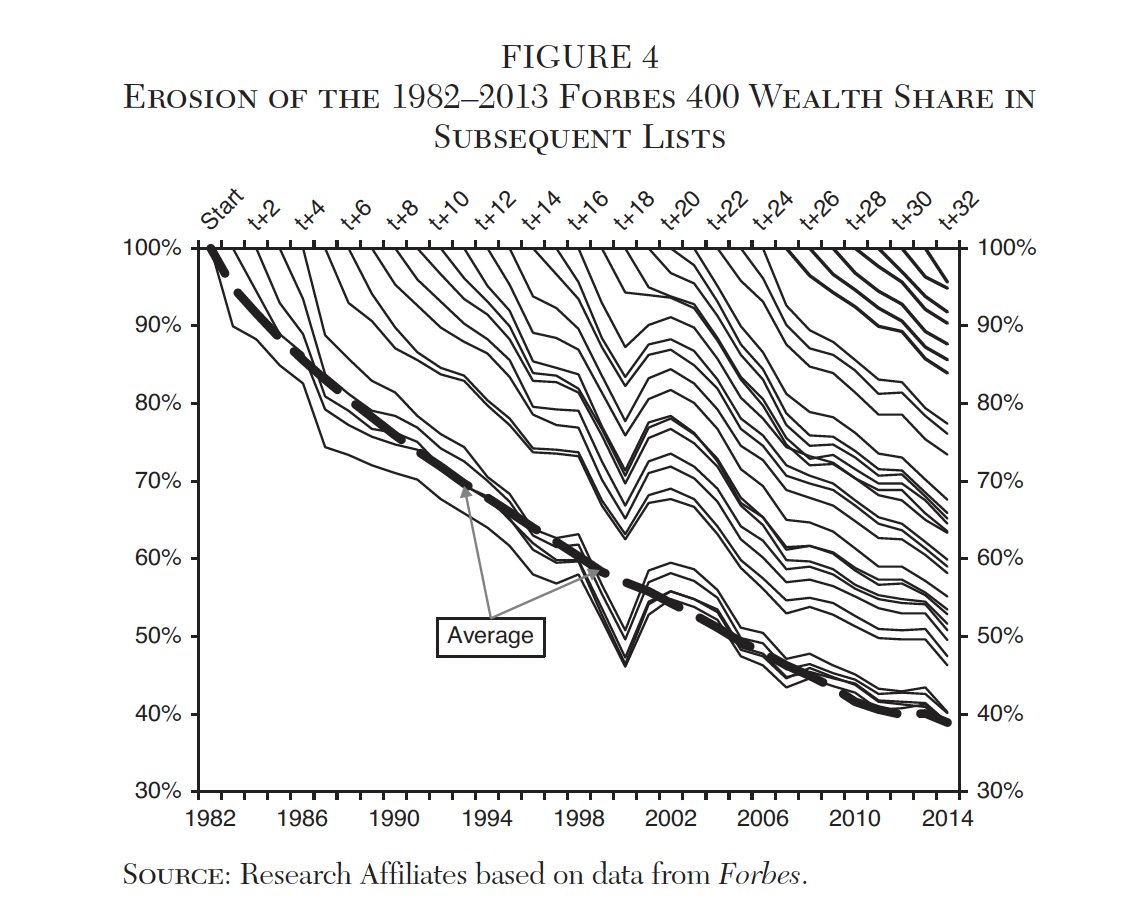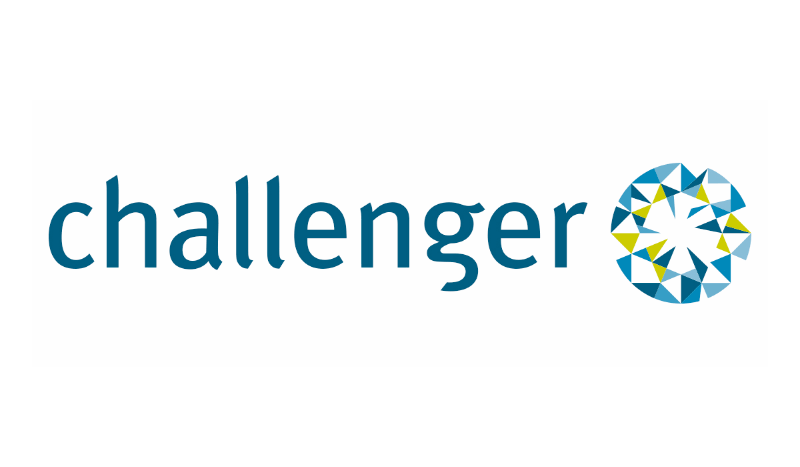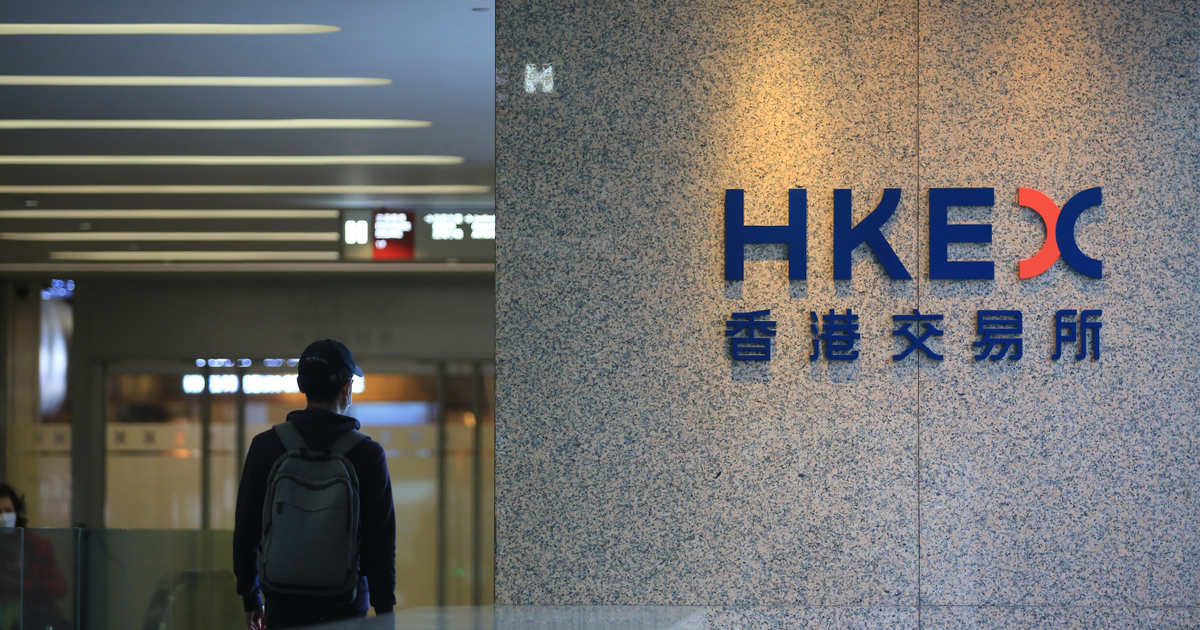Hong Kong’s stock exchange operator, Hong Kong Exchanges and Clearing (HKEX), will propose lower profit requirements for tech companies to list on its bourse under a new Chapter 18C scheme, sources say. It is understood that the exchange is set to publish new draft rules outlining the proposed changes in coming weeks.
The changes form a response to waning market interest in the technology, media, and telecom (TMT) sector, coupled with the potential for new, developing areas – such as deep tech – to cater to investor demand, explained a capital markets expert. The source was directly involved in various industry consultation processes relating to the proposal, but wished to remain anonymous.
“In the past year or two, with the geopolitical situation, TMT companies do not have a clear route to listing in the US.”
“In order to promote the development of national tech [in China], companies in this sector have been financed and promoted by state-backed funds. In a few years’ time, they will have an urgent need for additional funds, and if the route to US is blocked, Hong Kong will be the selected listing destination for this kind of company,” the expert told FinanceAsia.
He described the move as the stock exchange’s “new Chapter 18A”, drawing a parallel with the 2018 listing reform that lowered profit requirements for biotech firms to come to market via the HKEX. In a similar manner, the Chapter 18C scheme will enable HKEX to generate business from the rapidly evolving tech sector.
“HKEX continues to work on a range of new initiatives to ensure that our markets and listing franchise remain highly attractive, well regulated and internationally competitive,” a spokesperson for HKEX told FA, in reponse to why the changes were being introduced at this point in time.
“We are therefore studying how best to create a listing chapter to cater for the funding needs of large-scale advanced technology companies that are at an early stage of product commercialisation. We will update the market should there be any new developments.”
According to media reports, the minimum revenue generation threshold for listing is expected to lower from the current value of HK$500 million ($64 million) to between HK$200 million and HK$300 million.
The new rules are set to apply to “advanced tech” companies, meaning those operating across areas such as AI, chips and autonomous vehicles.
Striking the balance
Regarding whether the proposed reductions will be effective, Arthur Tso, corporate partner at law firm, DLA Piper, told FA that he thinks the stock exchange will be keen to attract new companies while also maintaining relatively strict listing standards.
Unlike the case with the Chapter 18A biotech relaxations, there is no centralised authority like the FDA (US Food and Drug Administration) that can vet companies operating in the hard tech space, he highlighted.
“Lowering the threshold too much would be risky, especially since Hong Kong doesn’t have class action lawsuits as is the case in the US, but the key will be to strike a balance,” added George Wu, corporate partner at DLA Piper.
Given that the proposals have already been reviewed by the Hong Kong Securities and Futures Commission (SFC) and are likely to bring to market more investment opportunities, they are likely to progress, the capital markets expert suggested to FA. He believes that depending on the market response to the draft rules – compared to the introduction of Chapter 18A, there may be a lot of participants with different views on the correct revenue threshold for listing – the new policies could be in place by the end of the year, at the earliest.
“They [the regulator] may adjust a few rules and the threshold, but the chapter is basically in place…. There is also a chance that they may later progressively relax the rules, as happened with weighted voting rights.”
The source expects several applications for listing under the new Chapter 18C to appear within the first few weeks of enforcement. As with the introduction of a listing route for special purpose acquisition companies (Spacs), there are always companies vying to be first movers, he said, suggesting that some firms may already have plans underway.
¬ Haymarket Media Limited. All rights reserved.





































